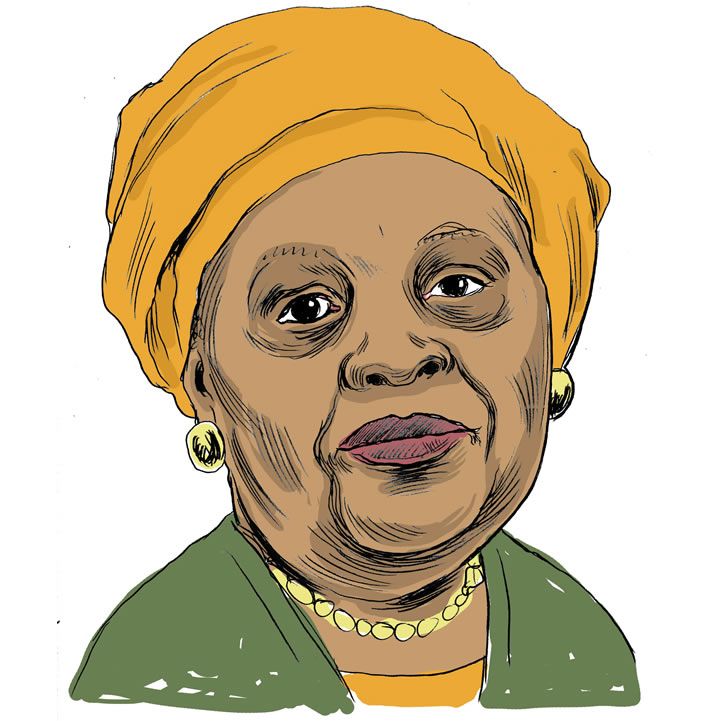Despite a dwindling budget and the threat that this holds for the military’s ability to do its job, the South African National Defence Force is guilty of gross financial mismanagement for a second financial year in a row.
In his 2018-2019 annual report, auditor general Thembekile Makwetu found that the department, led by tough-talking Minister Nosiviwe Mapisa-Nqakula, clocked up R5.13-billion in irregular expenditure.
The department has been abysmal when it comes to recording its irregular expenditures in the notes to the financial statements, as required by the Public Finance Management Act.
Makwetu noted in his report that he was unable to determine the full extent of the irregular expenditure. This mismanagement is a problem because the department has rising military personnel costs, thanks to troops on peacekeeping missions on the continent, particularly in the Democratic Republic of Congo.
Mapisa-Nqakula has raised concerns about the declining budget, which is R50-billion for this financial year. By all accounts, this isn’t enough to have a properly functioning armed service, particularly regarding military equipment.
“We are forced to adopt a short-term view with an increasingly constrained value proposition to South Africa and its people. Because of the severity of the budget cuts, we have become a funding-driven defence force instead of a mandate-driven force,” said Mapisa-Nqakula in her department’s annual report.
The minister should focus on the things she can directly control, such as the irregular expenditure.
Essentially, the armed forces are unable to do the job that they have been set. South Africa spends less, as a percentage of the national budget, than its peers and neighbouring states. This is despite an ocean that needs to be guarded.
Mapisa-Nqakula is also battling her generals. Commanders, led by General Solly Shoke, went as far as producing a 29-page position paper asking for government to allow them to look after their own purse strings.
Essentially, they wanted to free the defence department from having to follow procurement processes. They were stopped in their tracks after the treasury and President Cyril Ramaphosa declined to entertain such an absurd proposal.
This fight is central to Mapisa-Nqakula’s struggle to take control of her department and over the generals.
The minister has, however, dealt decisively with sexual abuse in the armed forces by instituting an inquiry. Its findings revealed systemic abuse and little in the way of consequences. This is not acceptable when the armed forces exist in part to protect citizens, both here and on peacekeeping missions.
